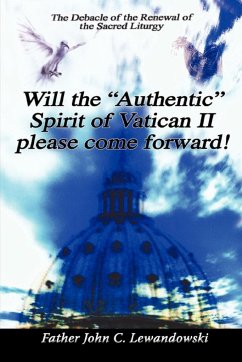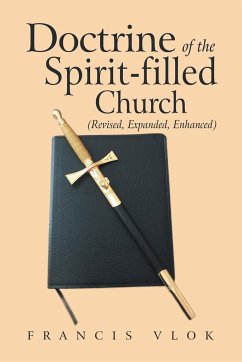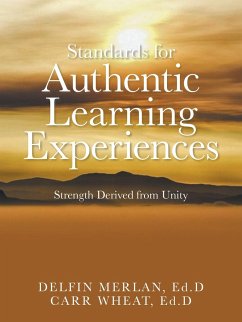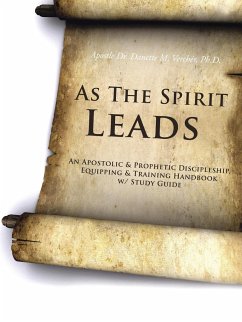This book comes as a reflection of over thirty years of active participation and contact with the Sacred Liturgy, both before and after Vatican II. It does not address the question of a return to the Latin or suggest that we must go back to an earlier version of the Liturgy. Rather, it addresses the significance and necessity of language in itself for the integrity of the intellectual being as such. It then takes this concept and applies it to liturgy, faith and salvation. It is demonstrated in this work that, not only is language the fundamental grounding for good liturgy and solid faith, but that language is in itself an absolute necessity to the makeup of an intellectual being. Language goes to the root of who we are as persons; it goes to the very depth of our souls and without it, we are mental mutes, no better than the animals. Moreover, language is even necessary to God, who speaks His living and eternal Word. His is a one Word language, infinitely and eternally expressed which contains in itself infinite and eternal knowledge, Jesus Christ. In virtue of the essential relationship between intelligence and language, it must be concluded that, it would be simply impossible to create a rational being without the capacity to communicate in some kind of language, even if it were just thinking and self dialogue. The realization of this profound truth should give new meaning to the maxim, Lex Orandi, Lex Credendi (as we pray, so do we believe). These truths should also put into question the so-called sincerity and good faith of the translators (ICEL) of our Sacred Liturgy. This book also demonstrates that a failure in so essential and fundamental an area of our faith (liturgical translations) did not just happen, it had a cause. To discover the cause one naturally looks to authority (to those who were on watch). It is quite impossible to write on such a sensitive topic without seeming to unduly criticize the Bishops, but there is no such intention here








